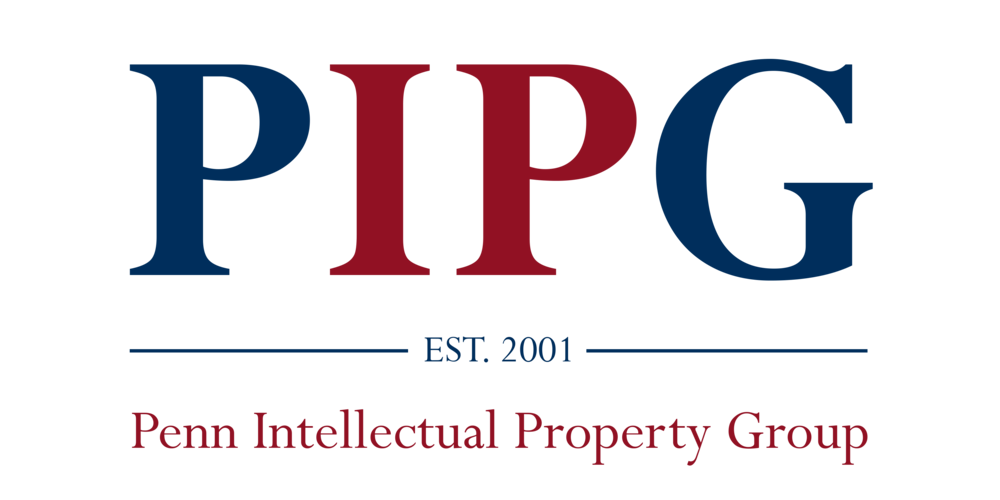By Kaiyi Xie, L’16, USPTO Reg. No. 70381
Non-practicing entities (a more sanguine term for patent trolls) most directly burden small and medium-sized companies with litigation and settlement costs. This cost totaled $29 billion in 2011, according to Boston University School of Law researchers. That’s more than the government shutdown’s $26 billion cost to the U.S.
economy, and constitutes a staggering 11.7% of total R&D spending by defendant companies.
Currently, there is a provision in Federal law that could potentially be used to deter patent trolls. 35 U.S.C. § 285 awards attorney fees to the winner of patent litigation in “exceptional cases.” Sans misconduct somewhere along the way, an exceptional case in patent litigation is a case (1) brought in subjective bad faith, and (2) where the litigation was objectively baseless. E-Pass Techs., Inc. v. 3Com Corp., 559 F.3d 1374, 1379 (Fed. Cir. 2009). Nonetheless, there has been some renewed interest in extending the statute’s intentional chilling effect. Part of this drive comes from the burgeoning prominence of patents in global commerce as well as the recent overhaul of the patent system by the America Invents Act.
The Supreme Court recently granted certiorari for two cases that deal with allocation of attorney’s fees under § 285.
The first case is Octane Fitness, LLC v. Icon Health and Fitness, Inc., in which the Federal Circuit’s two-prong test is being challenged as nearly impossible to wield as a shield against the frivolous litigation of patent trolls. The appellants in Octane argue that judicial interpretation of § 285 has narrowed its use more than Congress intended.
The second case on cert is Highmark Inc. v. Allcare Management Systems, Inc., which asks whether a District Court’s finding of fact that a suit was objectively baseless and brought in bad faith deserves deference by the Federal Circuit upon appeal.
Anyone interested in the patent troll debate ought to be watching these cases closely, as well as any potential new legislation coming down the pipeline (though given the sloth-like nature of the current Congress, I wouldn’t recommend holding your breath).
For an interesting economic analysis of patent trolls’ activities in the U.S., see The Direct Costs from NPE Disputes by Professors Bessen and Meurer of Boston University School of Law, available at http://papers.ssrn.com/sol3/papers.cfm?abstract_id=2091210.

